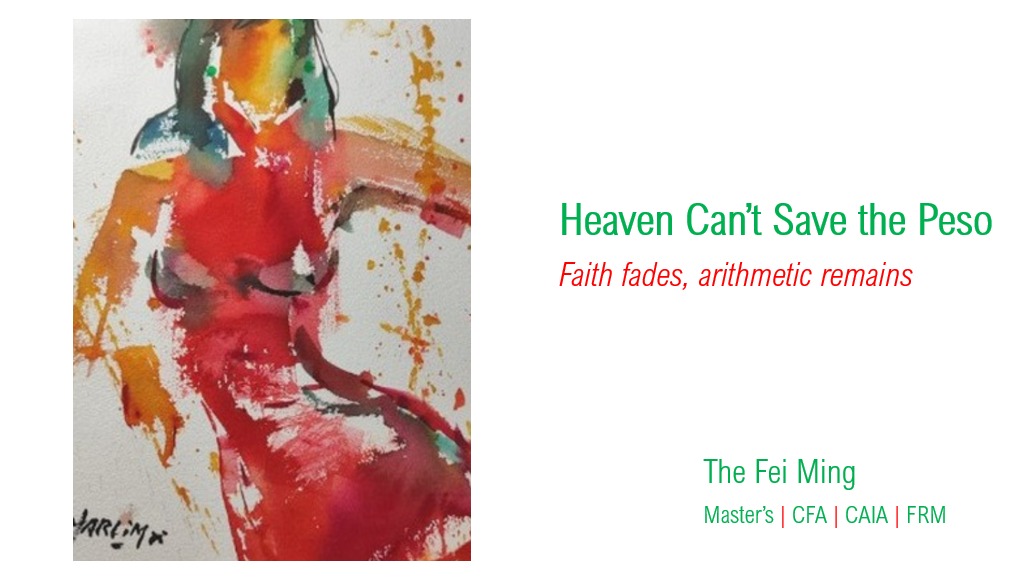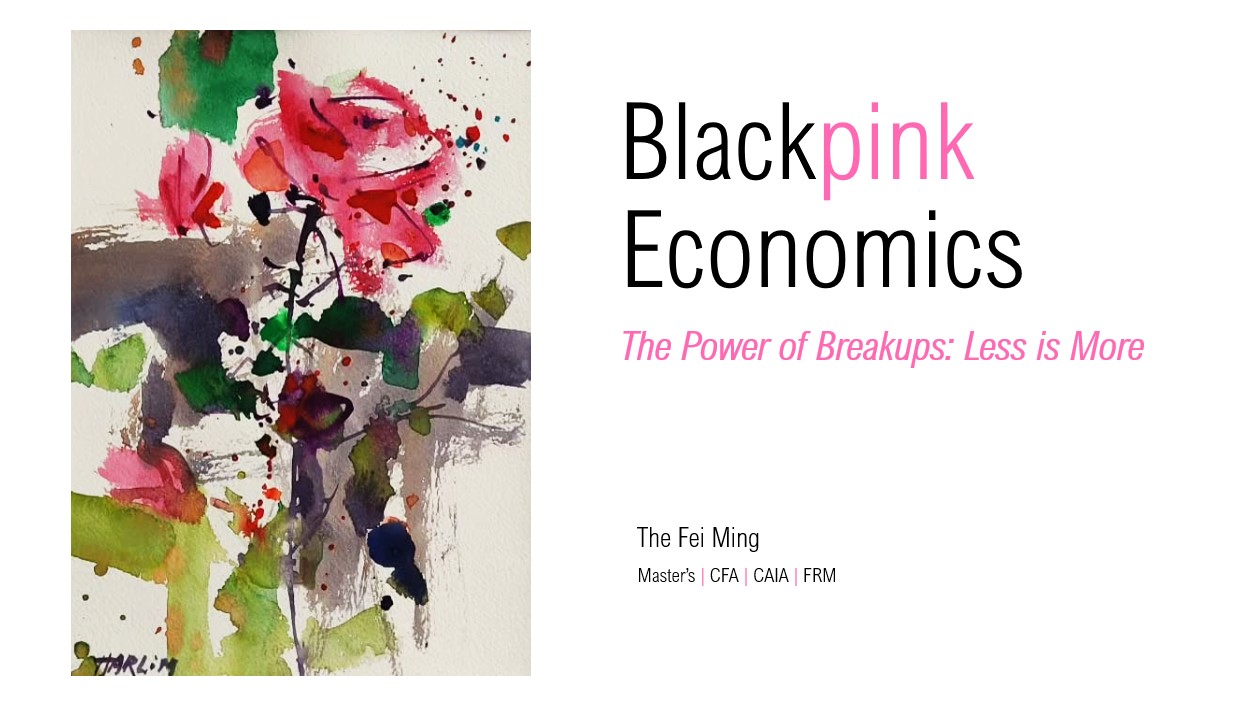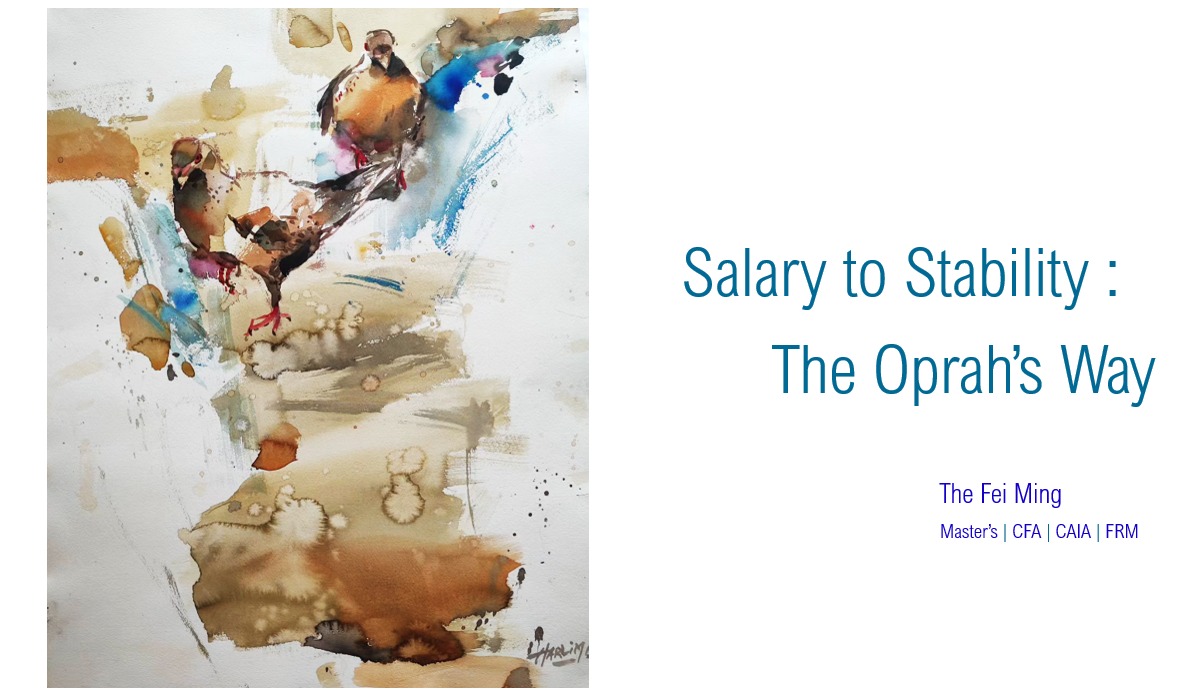Heaven Can’t Save the Peso - Faith Fades, Arithmetic Remains

The wind over Buenos Aires carries a peculiar sound. It’s not a storm, not yet. More like a soft tearing — the sound of paper money losing meaning. The peso drifts downward the way leaves drift in late autumn, almost gently, as if the fall were a natural law. Presidents make speeches, economists sharpen charts, but the market listens only to the quiet language of arithmetic.
They say President Javier Milei invokes “the forces of heaven.” But heaven is a patient accountant. It does not rescue a ledger already long in error.
The Slow Undoing
No currency collapses in a single night. It dies in the slow rhythm of repeated choices. A subsidy here. A budget stretched beyond reason there. Factories starved of capital, bureaucracies overfed. Bad policies are like weeds — they thrive in neglect, they multiply in silence.
In Argentina, years became decades. What began as improvisation hardened into habit, and habit became the system itself. The peso learned to wilt quietly, almost politely, until people stopped expecting anything else from it.
A Continent’s Echo, A Country’s Burden
Latin America has seen this opera before. Brazil learned its verses. Venezuela sang it too loudly. But Argentina’s melody has its own color — part nostalgia, part defiance. The rhythm is systemic, yes, but the timbre is uniquely Argentine. There is a national instinct to resist austerity as if it were a foreign word. Yet resistance without reform only postpones the reckoning.
The Arithmetic of Collapse
Devaluation is rarely a spectacular crash. More often, it’s the weight of small errors compounding until even the most loyal investor looks away. Governments borrow or print. Inflation answers. Reserves thin like late-season ice. Trust, once bruised, doesn’t return.
This is not the drama of a single policy. It is the quiet disaster of accumulation. In finance, compounding is a gift. In politics, it can be a curse.
Float or Peg — Two Different Tragedies
Some ask whether the peso should float like a feather or be tied down like a ship in a storm. Argentina has tasted both. Pegging once offered the illusion of peace — a fixed exchange rate like a calm sea at sunset. But illusions are brittle. A float, meanwhile, exposes everything: the doubts, the cracks, the fear.
The real debate is not between float and peg. It is between credibility and its absence. A boat with no captain will drift no matter where it’s anchored.
Whispers From Asia
In the late 1990s, a storm rolled across Asia — the 1997 Asian financial crisis. Thailand cracked first, its currency bowing to the weight of speculation. South Korea was soon pulled into the same tempest, its economy tested to the bone.
Those turbulent years became a field of close observation — the kind that shapes how one understands the silent grammar of markets. As a macro analyst and regional economist, I distilled those experiences and data into my book “Day Trading Valuta Asing – Analisis Fundamental dan Teknikal: Teori dan Aplikasi” (2001). It was not written in the calm after the storm, but in the noise of moving markets, where fundamentals and technicals meet in real time.
But the aftermath was not only rubble. It was discipline. Both countries rebuilt quietly, brick by brick — credible banks, stronger fiscal ropes, and a new pact with the market. They learned that trust is not a speech but a sequence of steady acts.
For Argentina, their story is not a mirror, but a whisper — a reminder that even storms can leave behind the architecture of renewal.
Even Giants Should Listen
The United States dollar stands far away from this stage, but the story still reaches it. Trust, like oxygen, is invisible until it thins. No currency, no matter how mighty, lives outside arithmetic. Printing can be a lullaby — soft, reassuring — until the math wakes up.
Argentina is not just a warning for emerging markets. It is a mirror held up to anyone who believes that prestige alone can outlast policy.
The Weight of Compounding
Good policy compounds like interest on a steady savings account. Bad policy compounds like rot in a beam — invisible at first, inevitable later. Argentina showed how hands that tremble can loosen every knot.
When the weight grows too great, even the “forces of heaven” step back. Heaven may forgive. Arithmetic never does.
The Last Line
Currencies don’t fall because they are hated. They fall because they are neglected. The peso is a story written not in speeches but in numbers — quiet, patient, merciless.
In the end, the market does not shout. It simply walks away.





